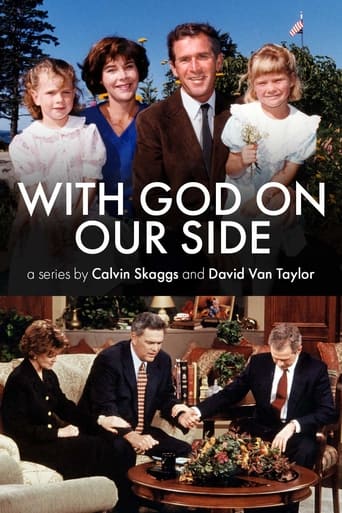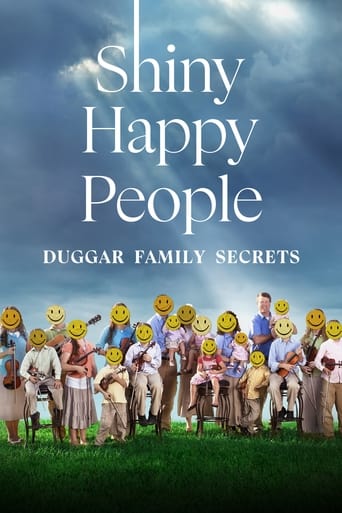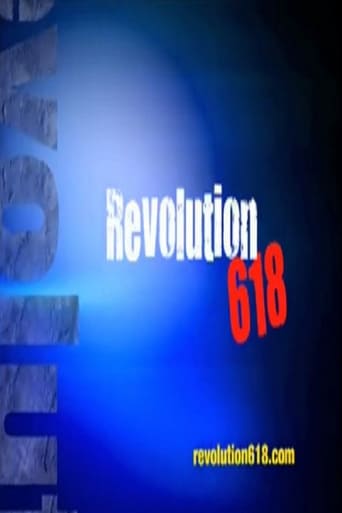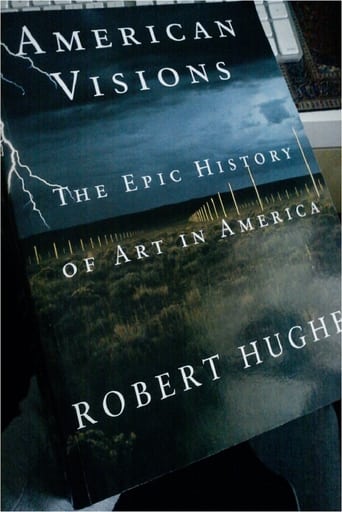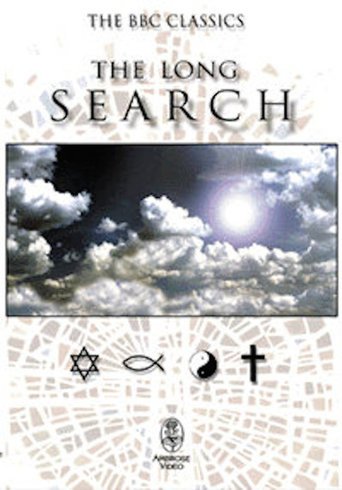With God on Our Side: The Rise of the Religious Right in America Season 1

From the "Christian anti-Communism" of the '50s to the sophisticated politics of the Christian Coalition today, evangelical Christians have slowly but steadily re-shaped the context of mainstream American politics and culture. Using rare archival footage and candid interviews, "With God on Our Side: The Rise of the Religious Right in America" chronicles the conservative Christian political movement.
Watch NowWith 30 Day Free Trial!
With God on Our Side: The Rise of the Religious Right in America
1996
From the "Christian anti-Communism" of the '50s to the sophisticated politics of the Christian Coalition today, evangelical Christians have slowly but steadily re-shaped the context of mainstream American politics and culture. Using rare archival footage and candid interviews, "With God on Our Side: The Rise of the Religious Right in America" chronicles the conservative Christian political movement.
Watch Trailer
With 30 Day Free Trial!
With God on Our Side: The Rise of the Religious Right in America Season 1 Full Episode Guide
While George Bush strains to win their trust, Religious Right leaders turn to a new crusade: building a true grassroots power structure from the ashes of the Robertson campaign. The fruit of their efforts, the Christian Coalition, is now one of the most politically adept membership organizations ever. Yet many inside the movement question if, in gaining power in the secular world, conservative Christians have lost their evangelical soul. This final episode lays bare the struggle for the future of the Religious Right — and of America.
Anti-abortion activists cheered when Reagan named one of their own, C. Everett Koop, as Surgeon-General. By the mid-'80s, though, AIDS tragically hits home even in fundamentalist circles, and Koop splits from his former allies over the proper Christian response to this 'sign of God's judgment.' Hearing the call of God, Pat Robertson mobilizes an 'invisible army' of fervent believers, many of whom had never before engaged in politics, to support his bid for the Presidency. Though dogged by the televangelist scandals, the Robertson campaign — with its calls for renewed patriotism and its fierce attacks on liberalism — sets the agenda for George Bush's victory over Michael Dukakis.
Seizing the 'pro-family' agenda, New Right conservative strategists midwife a brood of new Christian political organizations, most notably Jerry Falwell's Moral Majority. These groups experience a heady overnight success, registering millions of evangelical voters and helping sweep Ronald Reagan into office. Yet once in the White House, his mainline Republican advisors actively suppress the traditional-values issues. Evangelical leaders are forced to choose between 'speaking truth to power' like Biblical prophets, or 'going along to get along' in the political realm.
After Vietnam and Watergate, America is looking for a Good Father, and despite media befuddlement at the 'born-again' Jimmy Carter, his religious faith helps convince voters he can heal the nation. Carter's election heralds a new era of evangelical engagement in every area of modern life, from broadcasting to basketball. But modern life also means divorce, feminism, and gay rights, and at Carter's White House Conference on Families, conservative Christians choose polarization on those issues over reuniting the American family.
The symbiotic alliance between Billy Graham and Richard Nixon foreshadows the coming union of religion and politics. The marriage is consummated in Kanahwa County, West Virginia, where national conservative strategists help escalate a local textbook controversy into a major conflagration of jailings, bombings, and a miners' strike. Meanwhile, Watergate teaches Graham the perils of political entanglement. But from Berkeley's Jesus People to Kanahwa's fundamentalists, the die has been cast — and the Religious Right is born.
Post-War fundamentalism is marked by optimism, mass revival meetings, and disdain for worldly politics. But current events — from America's growing anti-Communism to the election of Catholic John Kennedy to the Civil Rights movement — prod evangelical Christians into the political arena. Dismayed by Supreme Court rulings banning school prayer and encouraged by the Goldwater '64 campaign, conservative Christians rise up in Anaheim, California, to launch a nationwide revolt against sex education.
Free Trial Channels
Seasons


